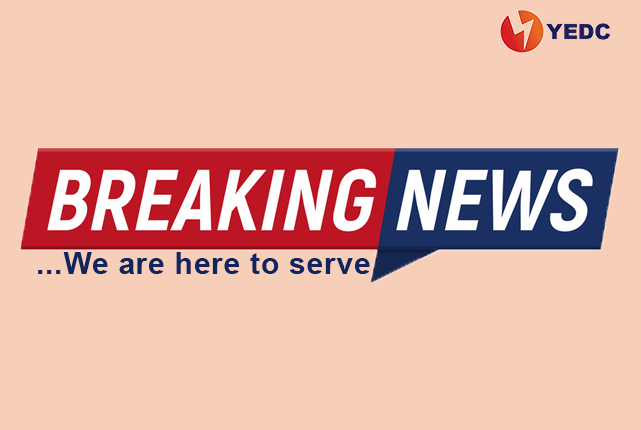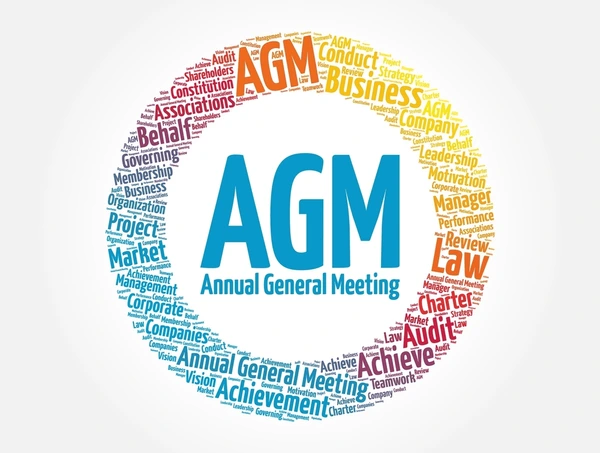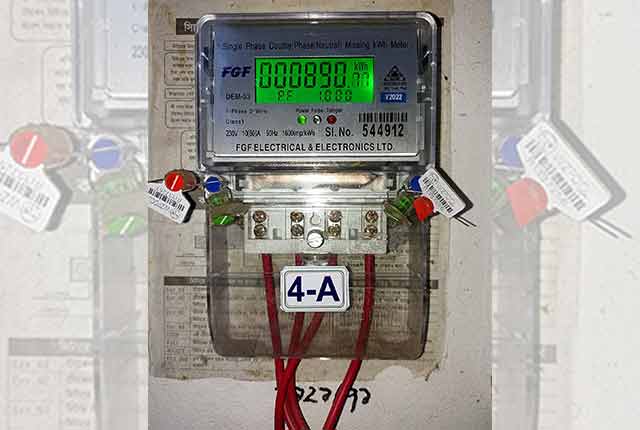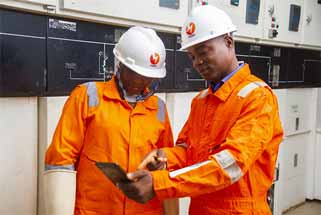The Renewable Energy Association of Nigeria (REAN) and other stakeholders in the Energy sector have called for synergy and private sector collaborations to address bottlenecks around finance models for the sector.
The call was made by various stakeholders at the Stakeholders Engagement on Finance for Rural Electrification and the Renewable Energy Sector in Abuja.
The News Agency of Nigeria (NAN) reports that the theme of the meeting “exploring sources of funding for rural electrification” aimed at evaluating the issues and obstacles that have weighed on the growth of rural electrification and the decentralized renewable energy sector.
The President, REAN, Mr Segun Adaju, said that the convergence of stakeholders was to leverage on finance models that had been piloted and how the private sector could take over from there when the subsidy was gone.
“ We are looking at how the private sector can commercialize the models that have been developed to provide electricity for rural dwellers.
“ The Rural Electrification Agency (REA) has introduced a funding model that can be commercialized in providing electricity to rural dwellers and we are looking to discuss issues around financing and funding of more projects,” he said.
Dr Sanusi Ohiare, Executive Director, Rural Electrification Fund,in his remarks identified funding and data as key issues around the sector stating that the sector was looking to collaborate with development financial institutions that are interested in data gathering.
Ohiare stated that REAN was partnering with private investors to bring in funding and also solve issues of financing for the private and give them comfort while projects are implemented.
“Owing to the nature of rural Electrification, we partner with private investors to encourage projects .
“We encourage private investors to bring in funding, thereby solving the financing bottle necks for the developers and also attract funds from the bank.
”Banks can now co-fund for projects and reduce the risk involved in financing, we have done a lot of projects in the last five to six years and this has been very successful.
“We are currently working on 51 projects including mini-grids, solar and hybrids, we have done a couple of solar home systems, we have done 12 projects under the first call and a lot is still ongoing with the model put in place,” he added.
Also speaking, Mr Tinyan Ogiehor, Off-Grid team lead, Nigeria power sector Programme, USAID, stressed that sustainable business models had been put in place to provide financial and technical experts for private project developers .
“We seek out various project developers and look for ways to provide varied levels of targeted support to these companies to support them in attracting foreign and private investors and also funding.
“We give detailed technical capacity experts to give experts to enable them win funds, one of the things we do, which we recently did is to put together sustainable business models that can show how existing solar panels that show how these systems can stand the test of time before replacement,” he added. (NAN)



